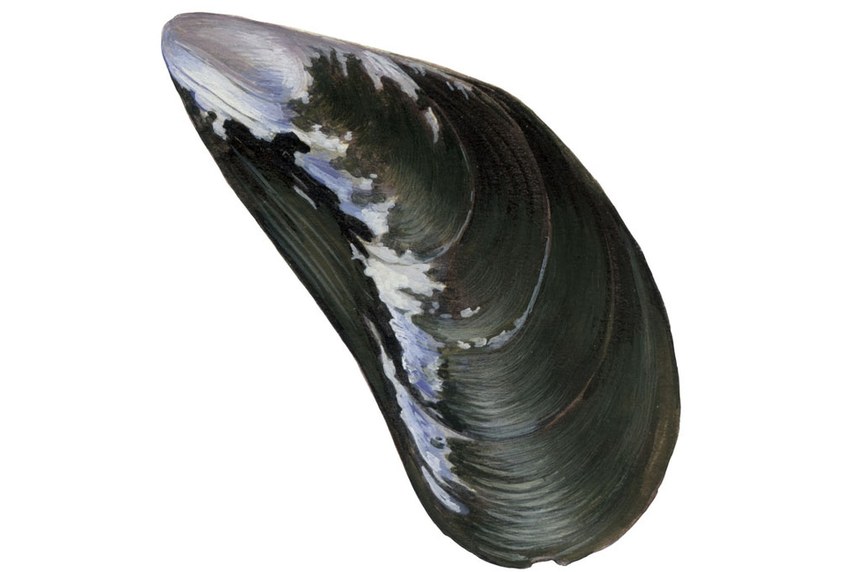Overview
Fisheries are composed of one or more parts, each of which is entitled to receive an MSC certificate. These parts or “units” are defined by their target stock(s), fishing gear type(s) and if relevant vessel type(s), and the fishing fleets or groups of vessels.
Attention
Some or all units that participated in this fishery are now covered by another assessment. Please see the Netherlands blue shell mussel for more information.
About this Fishery
This fishery – focusing on the blue shell mussel – is located in the Zeeuwse delta in the North Sea, a vulnerable area that is characterised by major variations in salt levels and water movements. It was certified in 2011.
Suspended mussel culture started in 1987 when relatively sheltered areas became available in several abandoned construction ports used during the Delta project. The process involves collecting mussel seed on ropes or netting. This is harvested by stripping the collector lines bare.
The seed mussels are fed into sock-shaped net tubes (known as mussel socks). These are hung along a long line where they stay and grow until they reach harvest size. The seed mussels in the sock put out byssal threads attaching themselves to the sock and one another and the eventually grow through the mesh of the sock, appearing to be a solid column of mussels once fully grown.
"Purchasers from supermarket organisations, but also those from restaurant chains, increasingly ask for the MSC ecolabel. Even though our product is completely natural, we do need to be able to prove that our production method is sustainable. If you can’t, there is a chance you’re no longer allowed to supply".
"The MSC Certificate is an independent confirmation of our sustainable production method."
- Jaap Geleijnse, President of the Dutch Association of Suspended Culture Mussel Farmers
Mussel (Mytilus edulis) image © Scandinavian Fishing Year Book
Market Information
1,500 tonnes are landed annually (2010/11). The catch is sold on Dutch and Belgian markets, through retail and restaurants.
